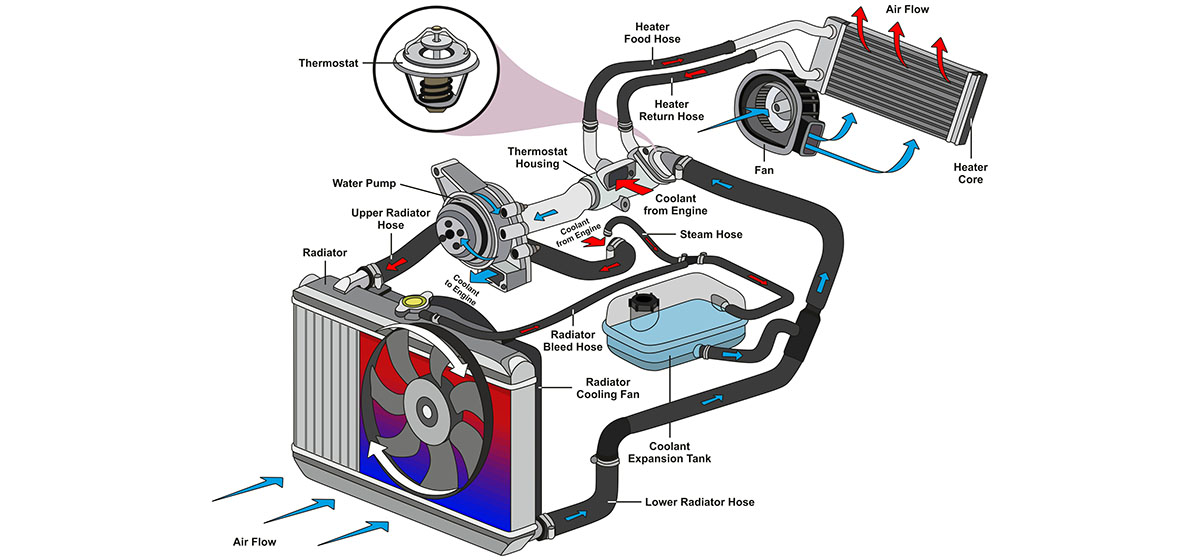
A car’s cooling system is vital to ensure that its engine remains at a safe operating temperature. A failure in any of its components can lead to engine overheating, which can cause severe damage and costly repairs. In this article, we will discuss the different components of a car’s cooling system and their functions.
1. Radiator

The radiator is the heart of the cooling system. It is responsible for removing heat from the engine coolant. The coolant passes through the radiator’s tubes, and the air flowing through the fins cools it down. A malfunctioning radiator can lead to engine overheating, so it is essential to keep it clean and free of debris.
2. Thermostat

The thermostat regulates the flow of coolant to the engine. It is designed to keep the engine at the optimum operating temperature by opening and closing as necessary. If the thermostat fails, the engine may overheat or run too cold, reducing its efficiency.
3. Water Pump
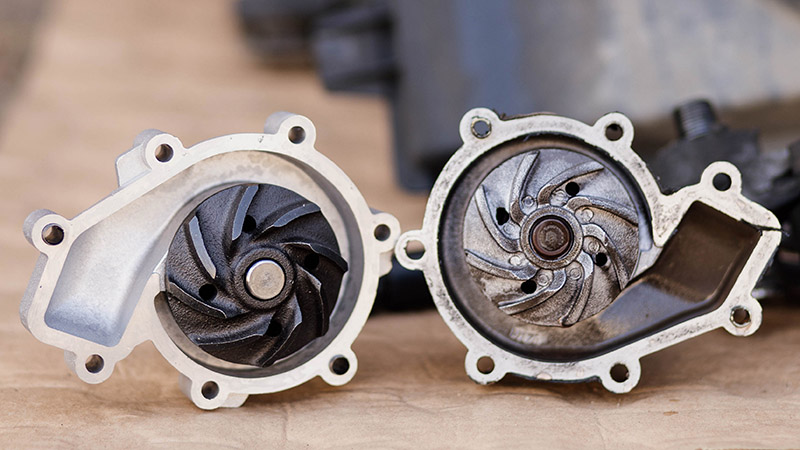
The water pump circulates the coolant throughout the engine and cooling system. It is driven by a belt attached to the engine’s crankshaft. A malfunctioning water pump can cause coolant leaks or insufficient coolant flow, leading to engine overheating.
4. Coolant
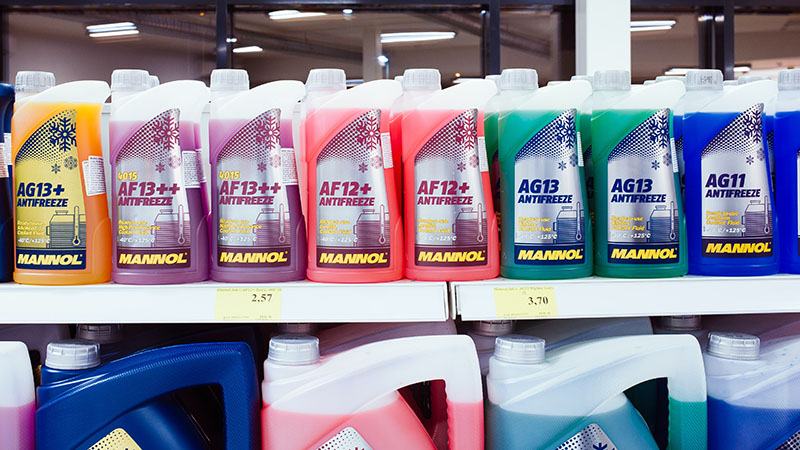
The coolant is a mixture of water and antifreeze that circulates through the engine and cooling system. It absorbs heat from the engine and releases it to the atmosphere through the radiator. It also prevents the coolant from freezing in cold weather and from boiling in hot weather.
5. Expansion Tank Cap
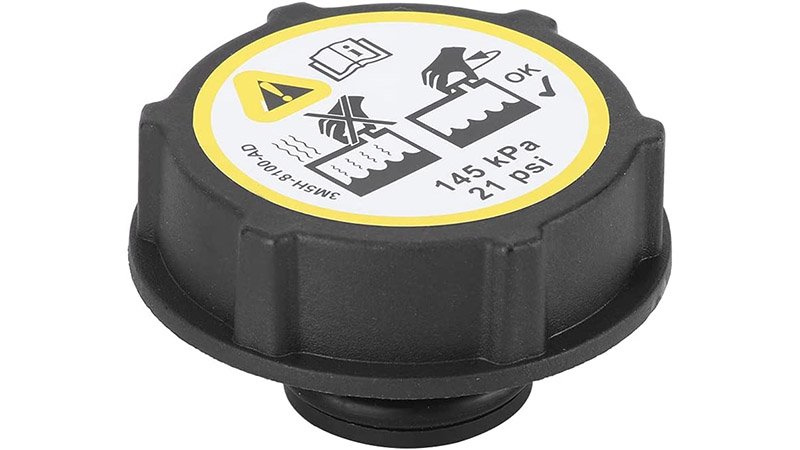
The cap maintains the cooling system’s pressure by sealing the radiator’s neck or most likely – expansion tank (for all modern cars). It is designed to release excess pressure if the system overheats. A faulty cap can cause coolant leaks or system overheating.
6. Hoses
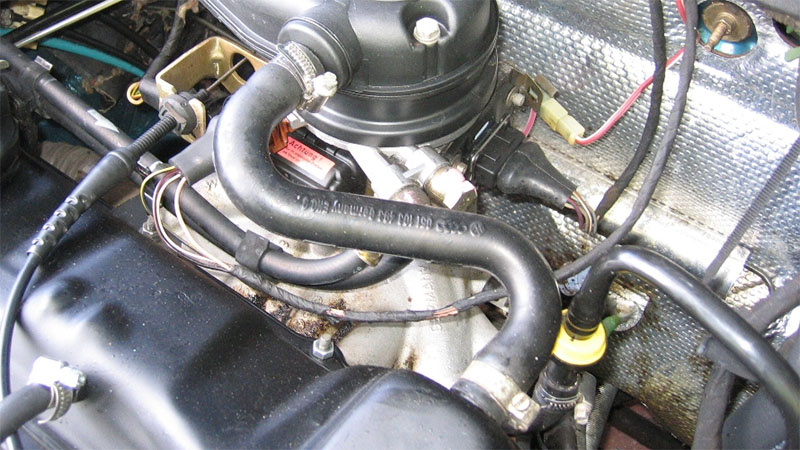
The hoses connect the different components of the cooling system, allowing the coolant to flow between them. They are made of rubber and are susceptible to wear and tear, which can lead to coolant leaks.
7. Fans
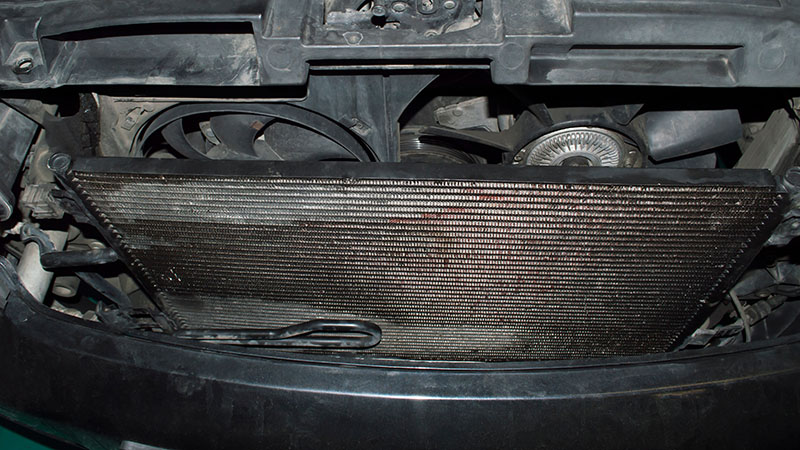
The fans are responsible for drawing air through the radiator to cool the coolant. They are typically driven by an electric motor and can be controlled by a thermostat or a temperature sensor. A malfunctioning fan can cause engine overheating, especially in slow-moving traffic or hot weather.
8. Expansion tank
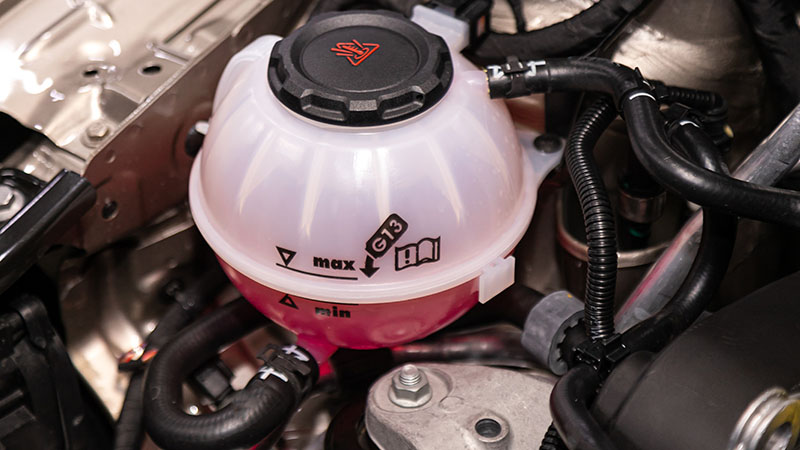
The expansion tank is a vital component in a car’s cooling system that prevents any potential damage by providing an area for the coolant to expand as the engine heats up. When the engine temperature rises, the coolant undergoes thermal expansion, causing an increase in pressure within the cooling system. By providing a space for the coolant to expand, the expansion tank effectively prevents any damage to the system.
See also: Best Radiator Stop Leaks. How Does They Work?
Moreover, the expansion tank also functions as a coolant reservoir. As the engine cools down, the coolant contracts and returns to the system from the expansion tank, ensuring that the cooling system remains adequately filled and lubricated. Regular inspection of the coolant level in the expansion tank is necessary to ensure the cooling system operates efficiently and smoothly.
9. Heater core
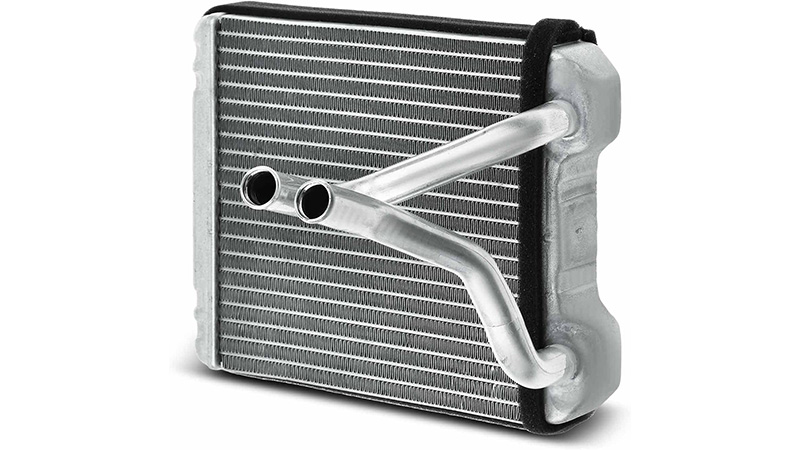
The main function of the heater core is to provide heat to the passenger compartment by transferring heat from the engine coolant. The heater core is typically located behind the dashboard and is designed with small tubes that allow the hot coolant to flow through. Air from the passenger compartment is drawn over the heater core, and as the air passes over the hot tubes, it is warmed up and then circulated back into the car’s cabin.
Final Words
In conclusion, a car’s cooling system is composed of several critical components that work together to keep the engine at the optimal temperature. Regular maintenance and inspection of these components can help prevent engine overheating and costly repairs. If you notice any signs of a cooling system problem, such as engine overheating, low coolant level, or coolant leaks, it is essential to have your car inspected by a qualified mechanic.
We do an efforts to find, research and recommend the best products. So, we may receive commissions from purchases that you make after following the links in our product reviews.


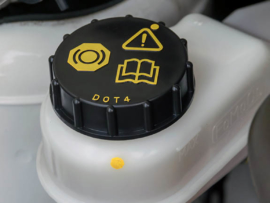
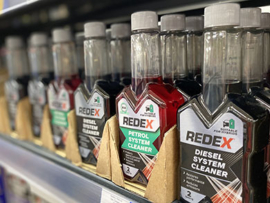
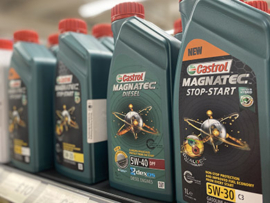
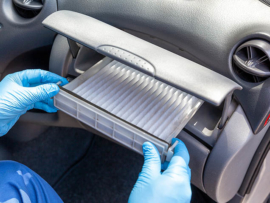
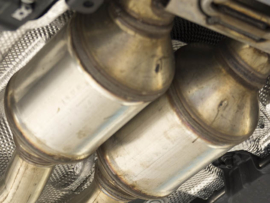
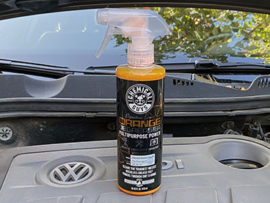
Leave A Comment